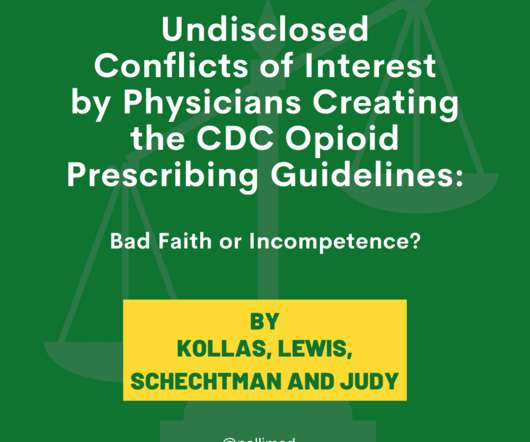The Language of Serious Illness: A Podcast with Sunita Puri, Bob Arnold, and Jacqueline Kruser
GeriPal
OCTOBER 5, 2023
And I have gone through my not-so-long career, but it’s coming up on nine years now, seeing the way that we have talked about CPR in such problematic ways, in ways that really do not enable true informed consent. So I think consenting to a course of treatment involves that two-way conversation. Sunita: Oh, yeah.

















Let's personalize your content